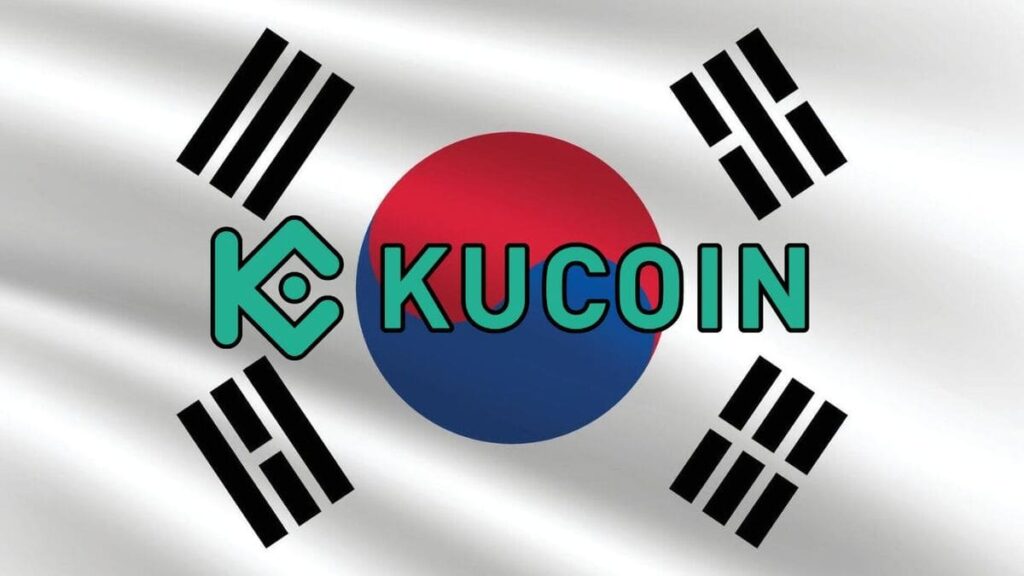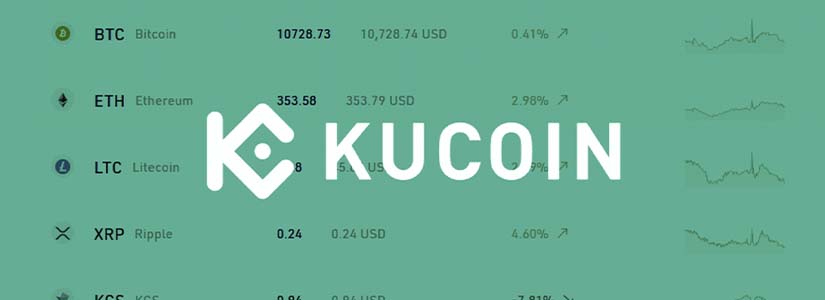TL;DR
- KuCoin is considering a return to South Korea after being excluded due to recent restrictions on unregistered exchanges imposed in the country.
- The company will prioritize consolidating its legal status in the United States, the European Union, China, India, and Australia before returning to that market.
- Exchange executives warn that despite regulations like MiCA, differences in how rules are applied keep the European market fragmented.
KuCoin has confirmed it plans to return to the South Korean market after being excluded from the region due to recent restrictions imposed on unregistered exchanges.
Local authorities ordered Google Play in March and the App Store in April to block access to crypto platforms that did not comply with current legal requirements. Although the company was removed from the market, it did not abandon its interests in the country.
KuCoin Will Not Return to Korea Immediately
BC Wong, CEO of KuCoin, explained that the company’s return to South Korea will not be immediate. Before that, KuCoin will focus on consolidating its legal standing in more relevant markets such as the United States, the European Union, China, India, and Australia. According to the executive, the plan is to move forward in stages, first ensuring regulatory compliance in those jurisdictions before considering reopening in other regions.
Wong also noted that global regulations are stricter today than they were three years ago. He believes some authorities may be deliberately restricting the access of foreign companies in order to favor domestic exchanges. According to the CEO, this dynamic creates a complex environment for international operators trying to stay active in multiple markets.
Not All Governments Enforce the Rules in the Same Way
Meanwhile, Oliver Stauber, KuCoin’s head for the European Union, addressed the challenges the industry faces even in regions that already have a specific legal framework like MiCA. Although this regulation allows exchanges to operate in different countries within the bloc through a unified licensing system, Stauber explained that not all governments enforce the rules in the same way. Some countries reinterpret licenses or raise objections that hinder the operability of these platforms.
The executive warned that as long as these differences in rule enforcement persist, the European market will remain fragmented. Operators will have to adapt to inconsistent criteria, complicating the orderly expansion of crypto services.













